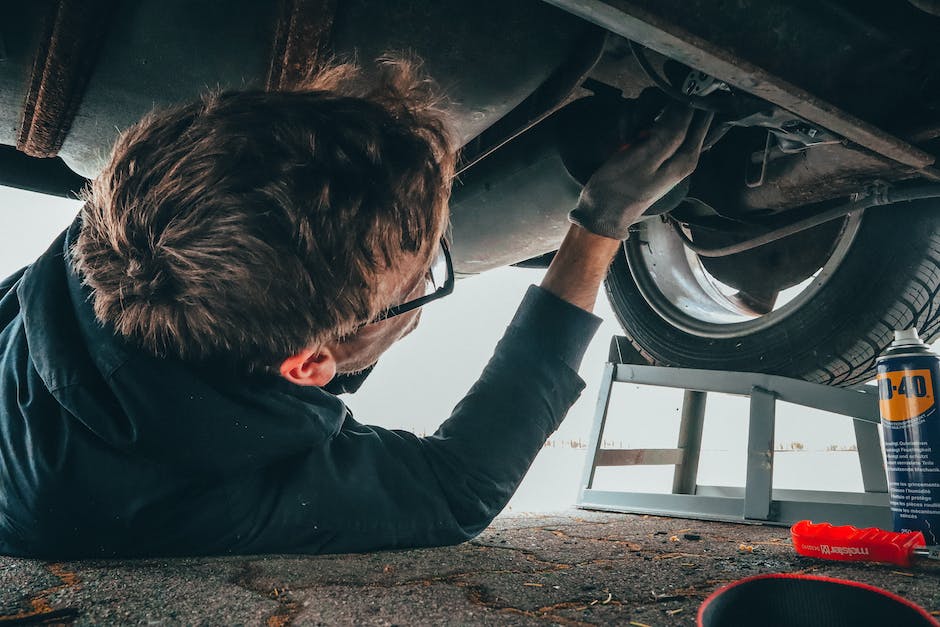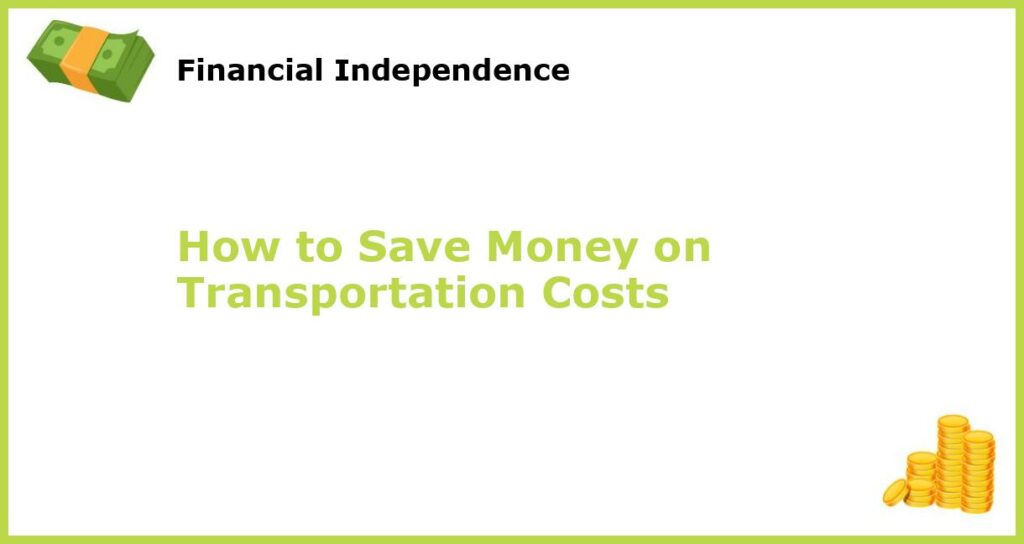Transportation costs can add up quickly, especially if you rely on a car for your daily commute. However, there are many ways to save money on transportation costs without sacrificing your convenience. Here are ten tips to help you save money.
1. Carpooling

Carpooling is a great way to save money on transportation costs. If you have co-workers who live in your area, ask them about carpooling. You can take turns driving to work and split the cost of gas. This can save you a lot of money in the long run.
Plus, carpooling has other benefits aside from having lower transportation costs. It can help reduce traffic congestion, as well as decrease your carbon footprint. It’s a win-win situation.
If carpooling is not an option for you, you can also explore ride-sharing services like Uber or Lyft, especially for short distances. This saves you the cost of buying a car and parking fees, as well as the inconvenience of finding and paying for a parking space.
2. Public Transportation

Public transportation is another great way to save money on transportation costs. Depending on where you live, you may be able to take the bus or train to work. This can be a lot cheaper than driving a car. Plus, you can read or work during your commute.
Furthermore, public transportation can save you time in traffic, since buses and trains have designated routes that do not get stuck in traffic jams. Additionally, it contributes to preserving the environment by reducing the number of cars on the road, which helps reduce air pollution levels.
3. Walk or Bike

If you live close enough to work, consider walking or biking. Not only will this save you money on transportation costs, but it’s also a great way to get exercise. Just be sure to wear comfortable shoes if you’re walking, and wear a helmet if you’re biking.
Walking or biking to work also promotes an active and healthier lifestyle, and it could reduce your expenses on gym memberships. Furthermore, it’s a great way to explore your surroundings and discover new routes that you wouldn’t usually see while driving or taking public transportation.
4. Buy a Used Car

Buying a used car can save you a lot of money. New cars depreciate in value quickly, so buying a used car can be a much better investment. Just be sure to have a mechanic inspect the car before you buy it.
Keep in mind that purchasing a car is not only paying for the vehicle itself but also the associated costs of a car such as insurance and maintenance. Utilizing online research tools are also effective in finding the best car deals that fit your budget.
Addtionally, if you need to finance your car purchase, you may want to opt for a lower interest loan, so you don’t have to pay as much on interest rates over time.
5. Negotiate Your Car Insurance

If you drive a car, you need car insurance. However, that doesn’t mean you have to pay a lot for it. Shop around for car insurance and negotiate the price. You may be able to get a better deal if you have a good driving record, or if you bundle your insurance with another type of insurance.
You must take your time to select the right insurance plan and assess the various add-ons and restrictions of different insurance providers. Don’t forget to ask about potential discounts such as lower rates for maintaining a good driving record or adding a security alarm to your car.
6. Use a Gas Rewards Card

If you do drive a car, consider using a gas rewards card. These cards offer rewards or cash back for gas purchases. Just be sure to pay off your balance each month so you don’t accrue interest charges.
Using a gas rewards card is an effective way to earn points and save some money on gas purchases. Moreover, many credit card companies offer points or cashback schemes on specific purchases, such as groceries and travel. Be sure to compare reward programs and perks before choosing the right one for yourself.
7. Plan Your Trips

If you have errands to run or appointments to go to, plan your trips efficiently. Try to group your errands together so you’re not driving back and forth across town multiple times.
Instill the habit of making a list of all the places you need to visit in a specific area and work out a route beforehand. Also, take advantage of technology and use map and routing apps to optimize your travel and find the best way to reach all of your destinations at once.
8. Use Coupons for Car Maintenance

Regular car maintenance is important, but it can be expensive. Look for coupons or deals on things like oil changes or tire rotations. This can save you a lot of money in the long run.
Vehicle upkeep can be pricey, but it’s necessary to maintain the lifespan of a car. Garage franchises or dealerships may offer value deals and discounts for routine maintenance or upgrades, such as oil changes, transmission fluid and brake checks, and wheel alignments. Check out online sites or ask mechanics for coupons and cost-saving offers.
9. Rent a Car Instead of Buying
If you only need a car occasionally, consider renting one instead of buying. This can save you a lot of money on car payments, insurance, and maintenance costs. Just be sure to compare prices and read the terms and conditions carefully.
If you think you won’t need a car often, or if you want to test a model before buying it, renting a car might be a good option. Also, for those who need the car for specific events or day trips, rental car options can give a lot of flexibility in maintaining their budget. Just be warned about potential fuel surcharges and insurance fees.
10. Keep Your Car in Good Condition
Finally, if you do own a car, be sure to keep it in good condition. This means getting regular maintenance, keeping your tires properly inflated and driving responsibly. The better you take care of your car, the longer it will last, and the less money you’ll have to spend on repairs.
Maintaining a car could be rather costly, but preventative measures can circumvent larger bills. Regular tune-ups by an experienced car mechanic are crucial in extending your car’s lifespan and averting expensive repairs. Similarly, keeping your car clean and controlling your driving habits could help save on gas costs and unnecessary wear on tires, brakes and other parts.







